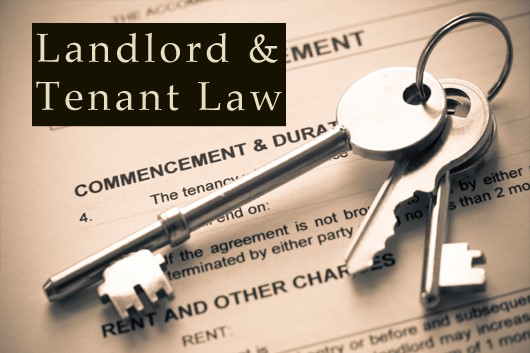
Section 82 of the Coronavirus Act passed on 25th March 2020 states that businesses cannot be thrown out of their premises for not paying their rent and in the vast majority of commercial lease “rent” includes service charges and contributions to a landlord’s insurance premiums. Whilst this protection is currently afforded up until 30th June 2020, the Act also provides the Government with the capacity to make extensions beyond this date.
Over recent weeks, we have seen the Government respond to some landlords’ hostile attempts at recovering tenant arrears which were apparent at the start of lockdown. On 23rd April 2020, the Government implemented an interim ban on the use of statutory demands and winding up orders for the failure to pay rent. As above, these measurements are currently in place until 30th June 2020, but there is a possibility of them being extended.
So, where does this leave landlords who are looking to recoup rental arrears? Normally, landlords are able to fall back on the Commercial Rent Arrears Recovery Rules, which allow them to direct an agent to seize their tenant’s goods to be sold to recover any such losses – basically to ‘send in the bailiffs’. However, the measures announced on 23rd April 2020 disallow landlords from relaying on these rules, unless, their tenant owes at least 90 days’ of rent.
Unfortunately, the Coronavirus Act 2020 affords few options to landlords to recover unpaid rent. One option for landlords who have taken a rent deposit from their tenant and have a rent deposit deed in place would be to draw down on rent deposit.
If the tenant has not been required to enter into a rent deposit deed, then a landlord’s best option may be to issue court proceedings in respect of the unpaid rent because the bans on eviction, on using the Commercial Rent Arrears Recovery Rules and on threatening to bankrupt or wind up a tenant do not alter the fact that the rent and other payments, including interest (any well drafted lease will allow a landlord to charge interest on overdue rent and other payments) are due and payable. This said, landlords looking to pursue this avenue would have to weigh up whether the anticipated costs of issuing a court application are proportionate when considering the amount of rent owed.
MKB Solicitors reassures landlords who are feeling like they have been left in a vulnerable situation that the recently implemented measures are temporary. It is emphasized that the liability of a tenant to pay all rent due remains. It is just that the usual remedial rights of a landlord for a tenant’s failure to pay rent have been temporarily suspended. It is also important to note that should a tenant be in breach of their lease for anything other than non-payment of rent, then a landlord’s usual remedial rights still apply.
Despite the strict legal position, we would urge landlords looking to take any of the above action to consider the impact of COVID-19 upon their tenant and the financial situations which they find themselves in. We suggest that landlords and tenants talk to each other to see whether a solution can be agreed in respect of rental arrears.
MKB Solicitors is open for business as usual whilst complying with the social distance guidelines, by implementing the use of innovative technology. We encourage landlords and tenants to contact us, should you require any advice or assistance in respect of your commercial matters.
Please contact our solicitors below, who are able to advise on all commercial property matters: –
Yasmin Ahmad – yahmad@mkbsolicitors.co.uk
Ian Holdsworth – iholdsworth@mkbsolicitors.co.uk
